
Explore the beliefs of Shia Muslims regarding the 5 pillars of Islam and the significance of Wilayah.

Discover the religious landscape of Turkey, focusing on its Sunni majority and the Alevi community. Learn more!

Explore the eligibility of Shia Muslims to perform Hajj, highlighting the unity of Islamic practices across sects.

Explore the Shia perspective on Shahada, including their unique beliefs about Ali's role in Islamic faith.
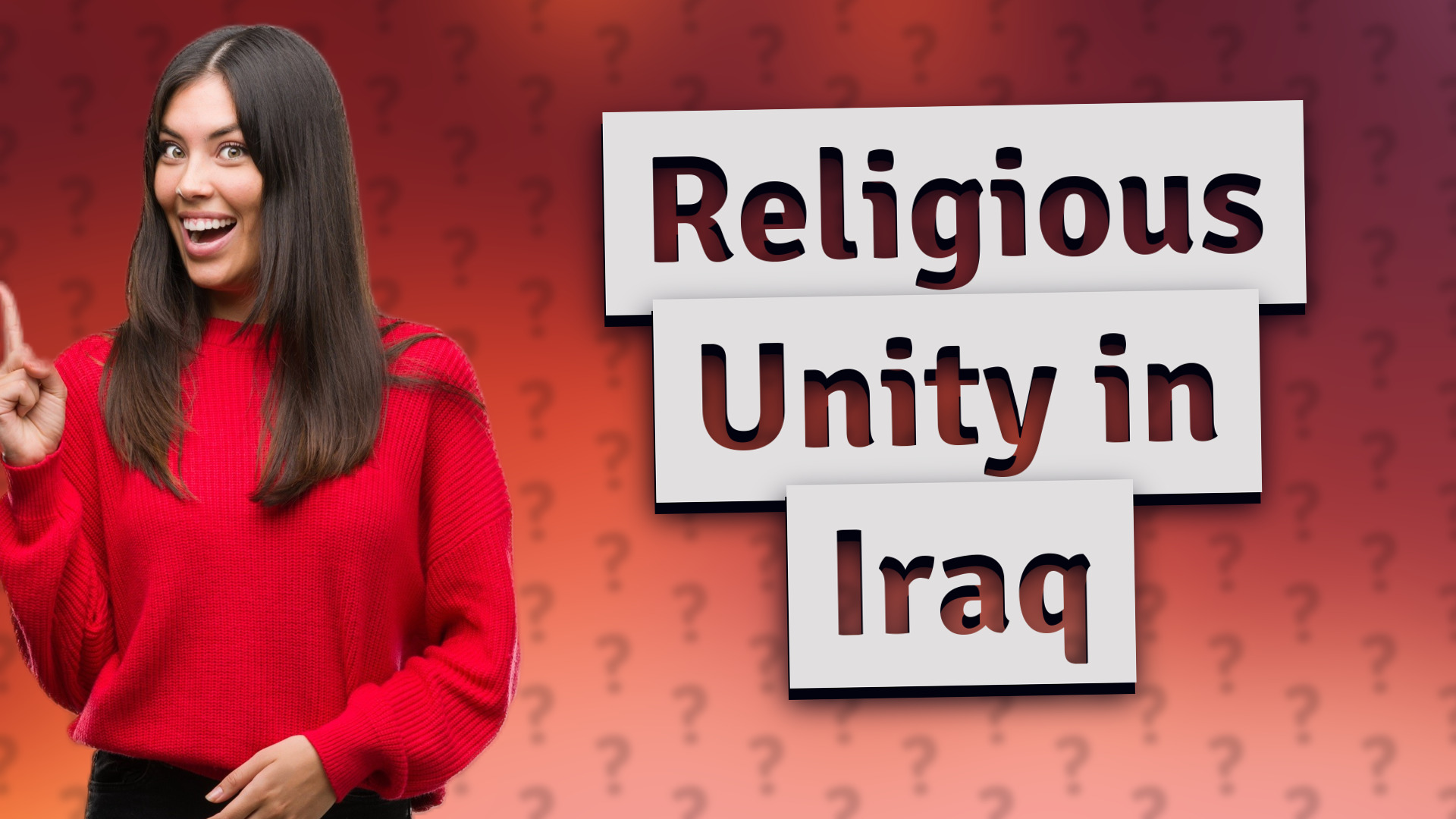
Learn if Sunni Muslims can visit Karbala, a key religious site for all Muslims, and its importance in the Islamic faith.

Discover the dynamics of Sunni-Shia marriages and how to navigate inter-sect relationships in Islam.
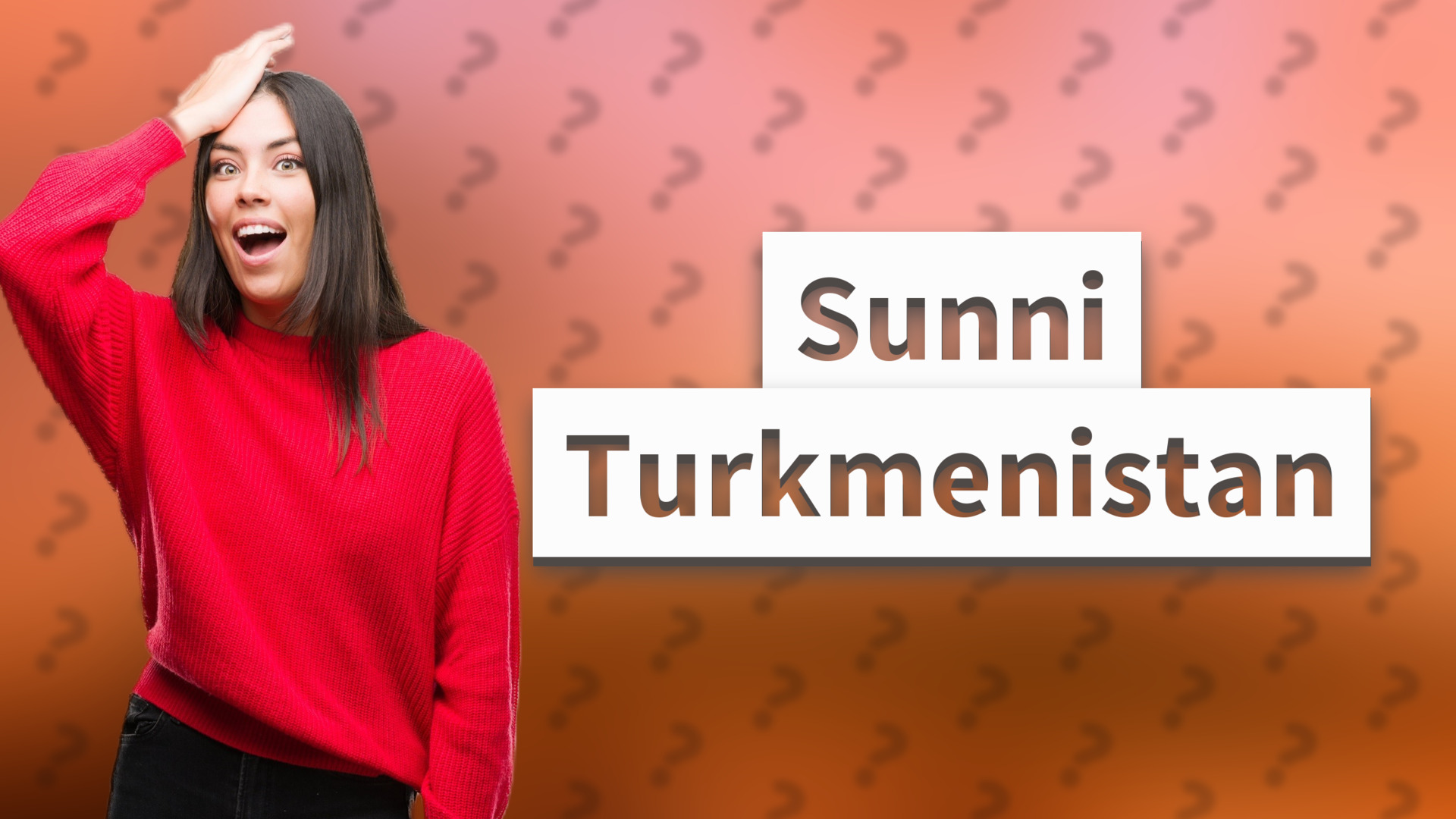
Explore the predominant Sunni practices in Turkmenistan and their Central Asian context.

Discover the process of converting from Sunni to Shia Islam, key beliefs, and guidance for those considering this journey.

Explore the significance of Ali in Shia Islam and the practice of seeking his intercession during prayers.
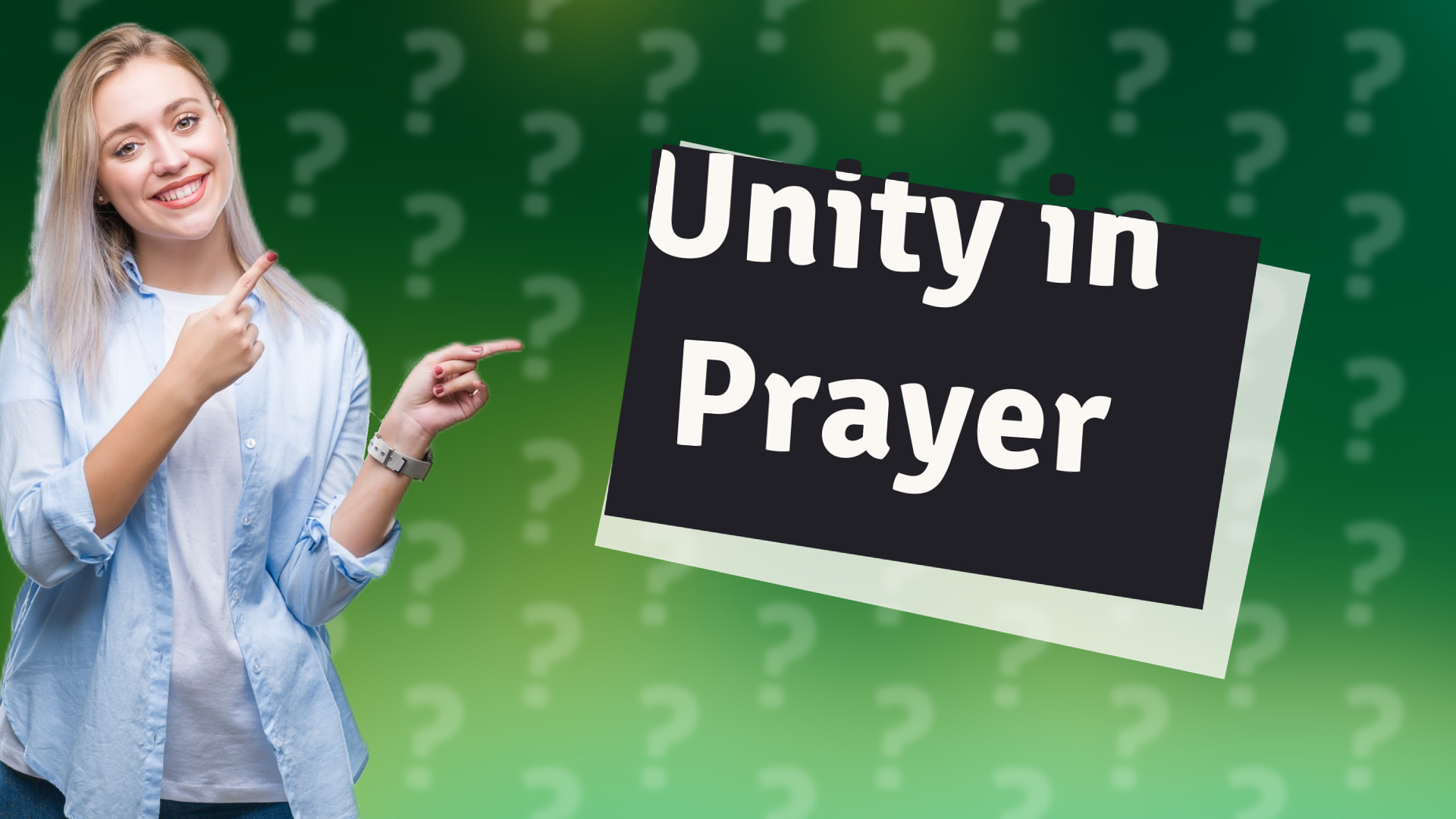
Explore the possibility of Shia and Sunni Muslims praying together for unity and mutual respect.

Explore the beliefs of Shia Muslims regarding marriage and the concept of multiple wives.

Explore the permissibility of marrying a Shia woman in Islam and the importance of mutual respect and understanding.

Explore the nuances of Shia marriages with non-Muslims and the conditions involved.

Discover the significance of Shia and Sunni Muslims praying together and fostering unity in worship.

Learn how to convert to Shia Islam with key steps, beliefs, and community support.

Explore the possibilities and considerations for Sunni and Shia marriages, emphasizing mutual respect and understanding.

Explore the historical facts surrounding the crucifixion of Jesus and clarify misconceptions about Shia involvement.

Discover the significance of Shia prayer practices, combining Dhuhr and Asr, and Maghrib and Isha for spiritual focus.

Explore how Shia Muslims uphold the Shahada, the Islamic declaration of faith shared by all Muslims.

Explore the common Quranic text used by Shia and Sunni Muslims, including differences in interpretation.

Explore the beliefs and practices of Shia and Sunni Islam, emphasizing respect for diversity within the Muslim community.

Discover the reasons Shia Muslims refrain from saying 'Ameen' after prayers, emphasizing unique interpretations of Islamic traditions.

Explore why Shias don't always pray Jummah and their unique practices surrounding prayer.

Explore whether dating is considered Haram in Shia Islam and learn about permissible interactions under Islamic law.

Explore the permissibility of tattoos in Shia Islam and the guidance from scholars on this topic.

Explore Shia beliefs about the Quran and how they compare with Sunni traditions in this insightful Q&A.

Explore the differences and similarities in Quranic interpretation between Shia and Sunni Muslims. Discover the shared essence of the Quran.

Explore the origins of Shia Islam and the pivotal role of Ali ibn Abi Talib in its foundation.

Explore how Shia Muslims pray Sunnah and their focus on recommended worship practices aligned with Prophet Muhammad's teachings.

Explore the Quran's teachings on unity among Muslims and the historical context of Sunni and Shia divides.

Explore the hijab practices among Shia Muslim women and their significance in culture and faith.

Explore the beginnings of Shia Islam and its significance in Islamic history.

Discover why Shias place the Quran on their heads, a gesture of reverence and devotion during prayer.

Explore the shared beliefs and values of Shia and Sunni Muslims while promoting unity and dialogue.

Explore whether Shia Muslims participate in Hajj and learn about the similarities and differences in Islamic pilgrimage practices.
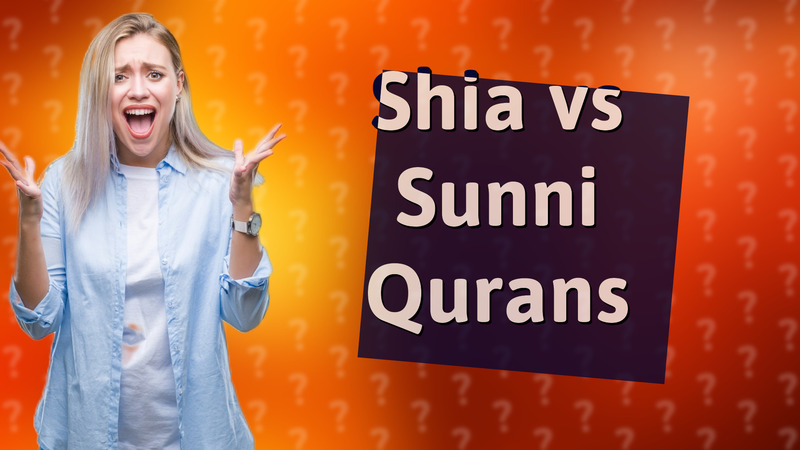
Discover the truth about the Quran used by Shia and Sunni Muslims and the key differences in their interpretations.

Explore if Shias believe the Quran is uncreated and the theological implications in Islam.

Explore the reasons behind the conversion from Sunni to Shia Islam, including personal and ideological influences.

Explore the process of converting from Sunni to Shia Islam in this short video Q&A. Understand theological considerations involved.

Explore how Shia Muslims pray to Mecca and learn about the similarities and differences in Islamic prayer practices.
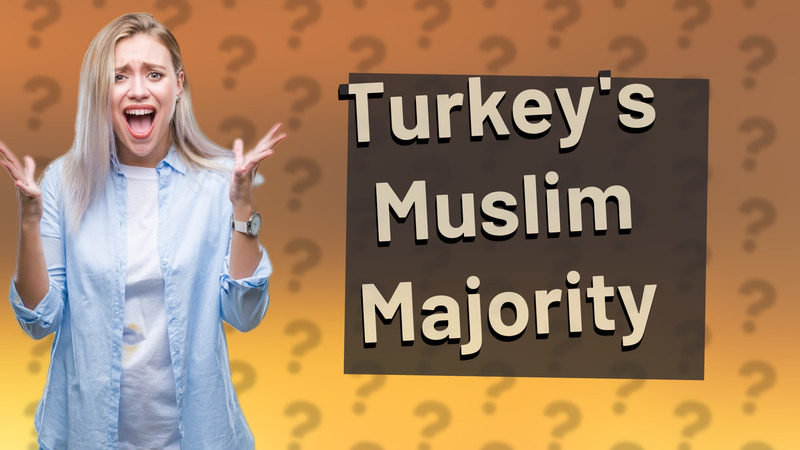
Explore whether Turkey is predominantly Sunni or Shia and learn about its Muslim cultural landscape.

Explore whether Shia Muslims are allowed tattoos and the varying acceptance among scholars and communities.

Discover if Shia Muslims can pray in the Kaaba, a sacred site for all Muslims, emphasizing unity in faith and practice.

Explore if Shia Muslims wear hijab and the significance of modesty in Islam across different sects.

Discover if Shia Muslims can perform Hajj and what this pilgrimage entails for all Muslims.

Explore the distinctions between Shia and Sunni Muslims regarding the Quran and their religious practices.

Explore the significance of saying 'Ya Ali' among Shias and its deep-rooted respect for Imam Ali.

Explore the question of whether Shias are true Muslims and learn about the diversity within Islam.

Explore the reasons Shia Muslims reject specific hadith and the implications for their practices compared to Sunni Islam.
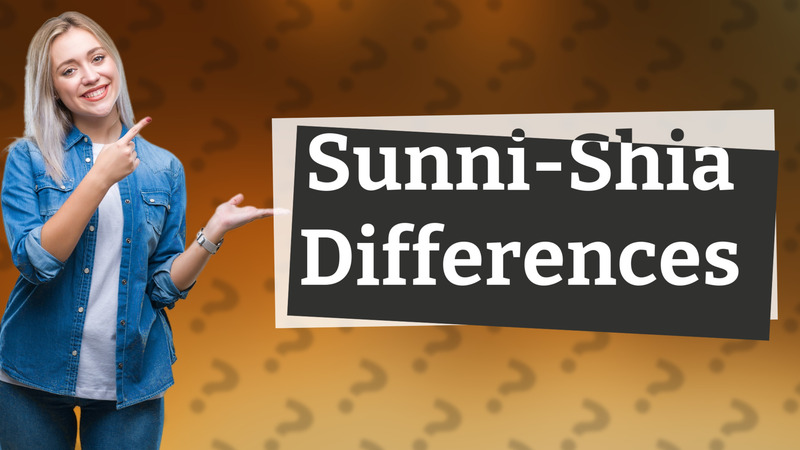
Explore what Islam teaches about Shia beliefs, rituals, and the importance of unity in the Muslim community.

Discover if Shia Muslims can get tattoos and the religious considerations involved.

Explore the key differences between Shia and Sunni Muslims, focusing on beliefs about leadership and religious practices.

Explore the significance of saying 'Bismillah' before meals in Shia Islam and its importance in showing gratitude.

Explore Shia marriage concepts, including Nikah and Mut'ah, emphasizing consent and religious guidance.
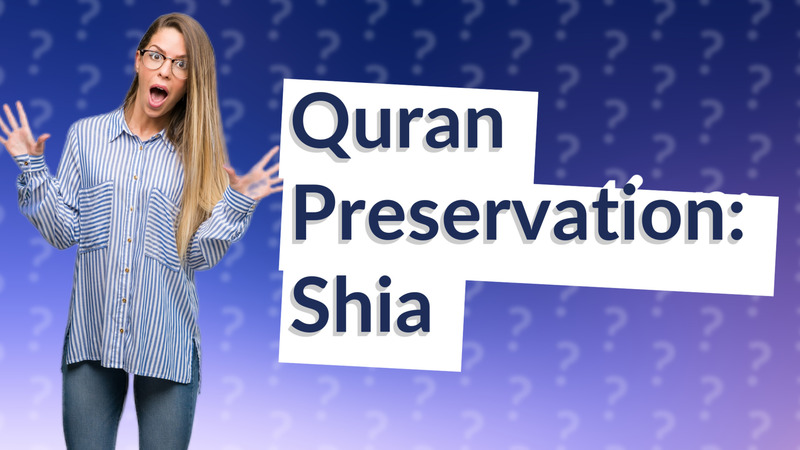
Explore whether Shias believe in the preservation of the Quran and its significance in Islam.
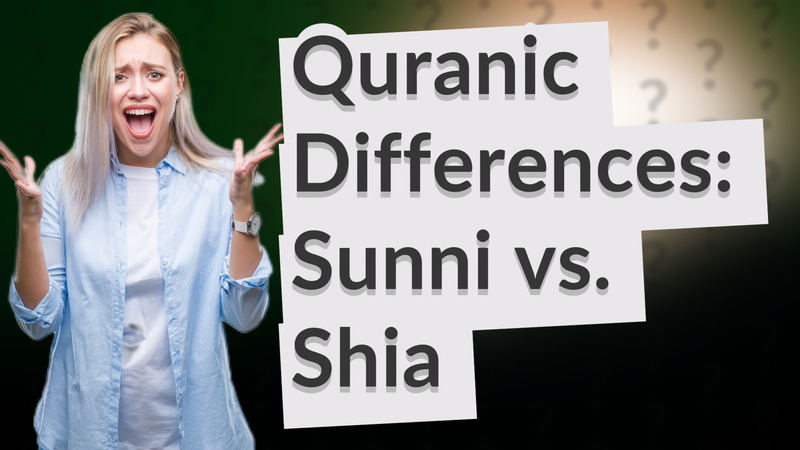
Explore the Quran's uniformity among Shia and Sunni Muslims and learn about the interpretive differences in Islamic teachings.

Explore why some Shia Muslims hold opposing views on Aisha, rooted in historical conflicts after Muhammad's death.

Explore if Shia Muslims fast in Ramadan and learn about their unique practices and beliefs.

Discover the Shia approach to prayer, including how they combine daily Salat into 3 times a day while fulfilling Islamic obligations.

Explore if it's haram to identify as Sunni or Shia and learn how to foster unity within the Muslim community.

Explore how Shia Muslims adhere to the Quran and their unique interpretations rooted in the teachings of the Prophet Muhammad's family.

Explore the unique beliefs and practices that set Shia Islam apart, focusing on leadership and the significance of Imams.

Explore if Shias and Sunnis use the same Quran and understand their interpretations and practices.

Discover if Shia Muslims are considered part of the Islamic faith and learn about the core tenets shared among Muslim groups.
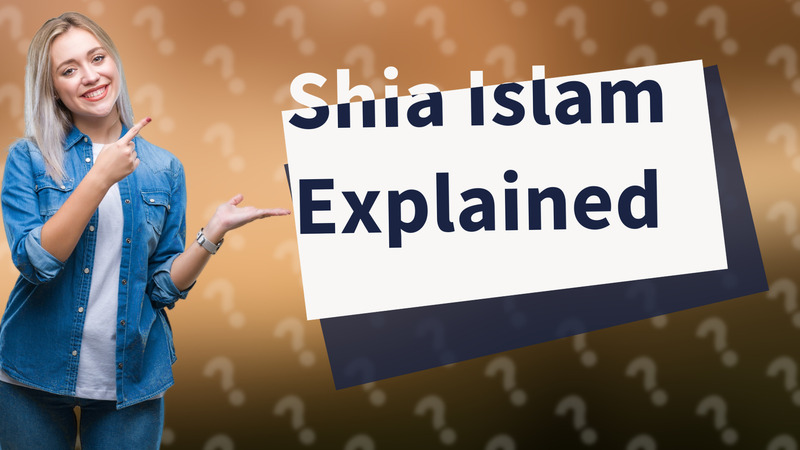
Explore the significance of Shia Islam and its beliefs compared to Sunni Islam in this informative Q&A.

Discover the significance of the turbah in Shia prayer, rooted in tradition and spirituality.

Explore whether Shia Muslims worship Allah and understand the similarities and differences in Islamic beliefs.

Explore how Shia Muslims view the preservation of the Quran and its significance in their faith.

Explore if a Shia can marry a Sunni and what Islamic law says about inter-sect marriages.

Uncover the core beliefs of Shia and Sunni Muslims in Islam and their theological differences.

Discover whether Shia Muslims can participate in Hajj and learn about the Islamic pilgrimage's significance.

Explore the meaning of 'Shia' in the Quran, its significance, and how it relates to leadership in Islam.

Discover whether chess is considered halal in Shia Islam. Explore scholarly opinions and practical guidance.